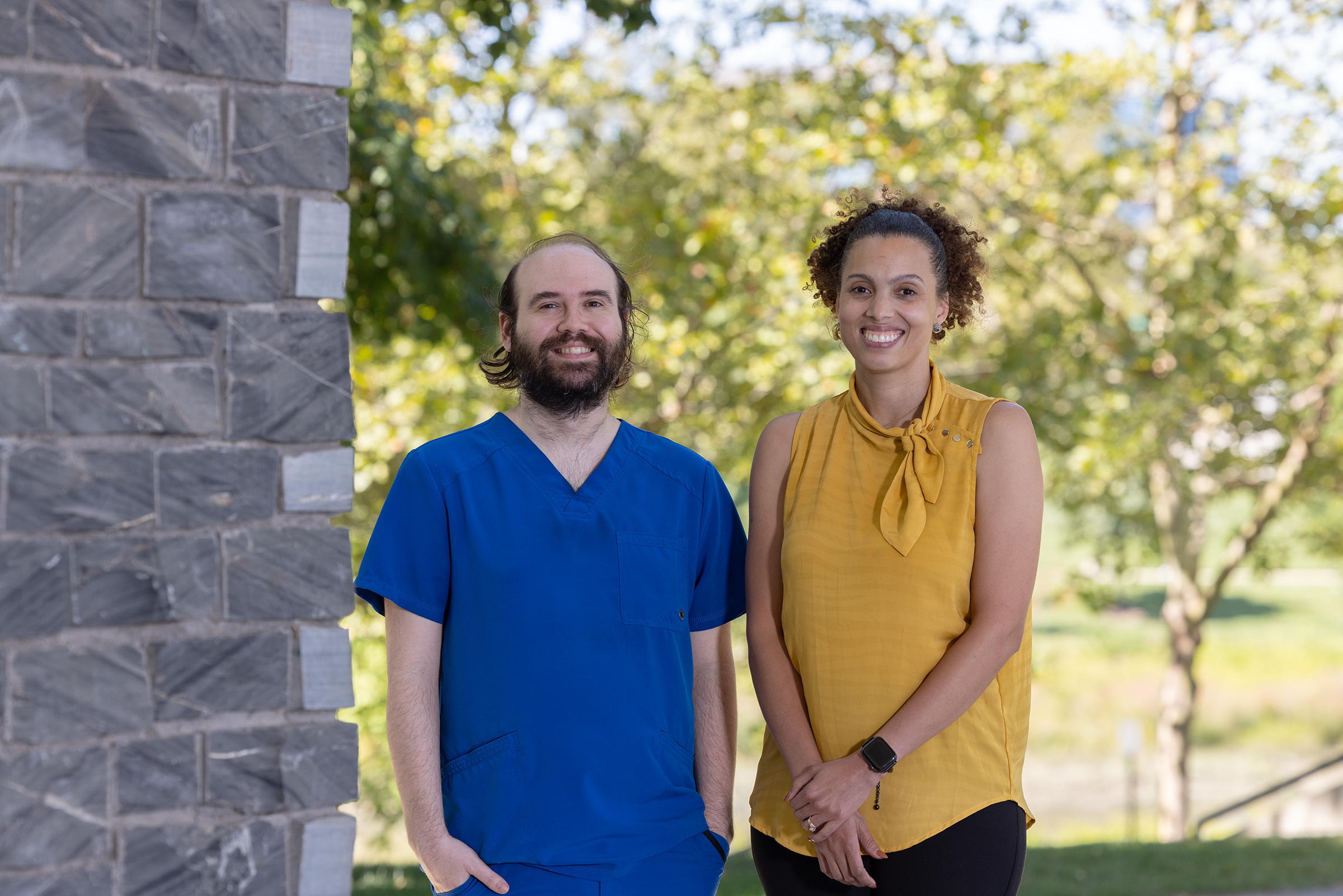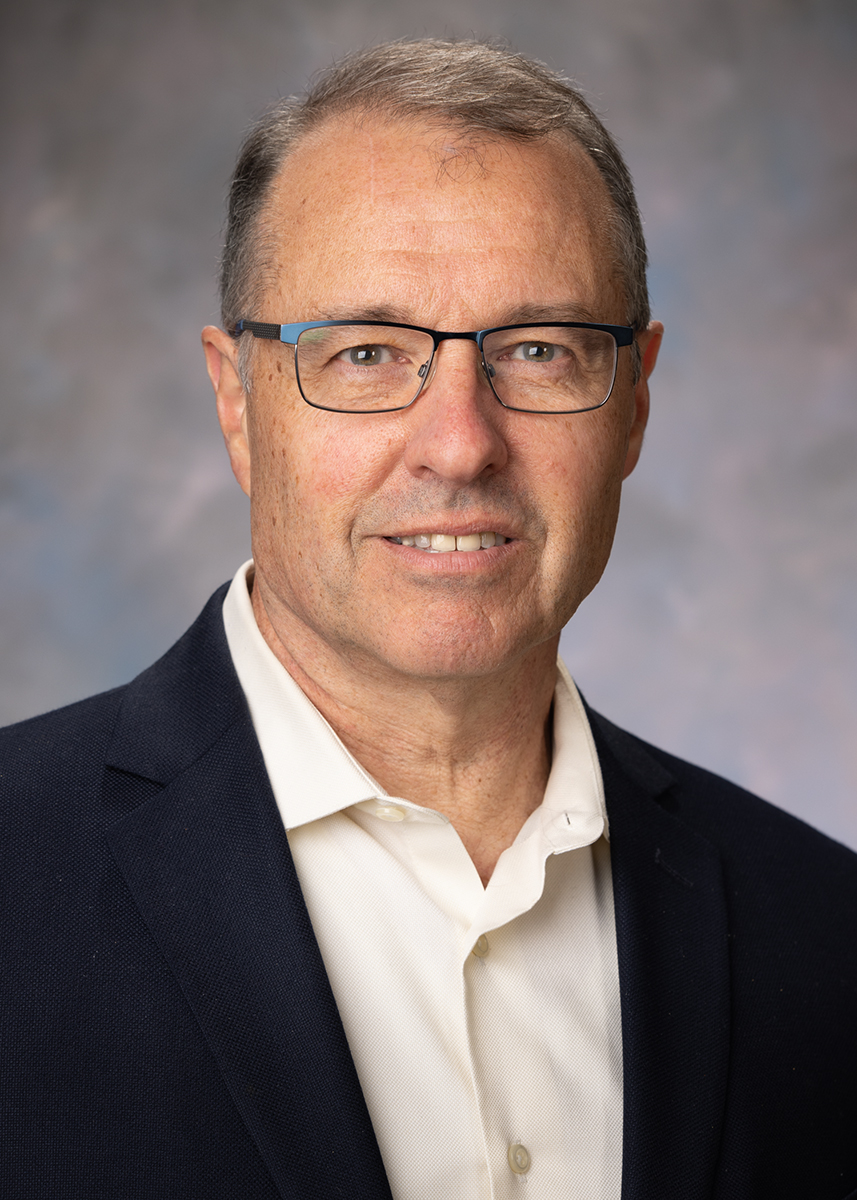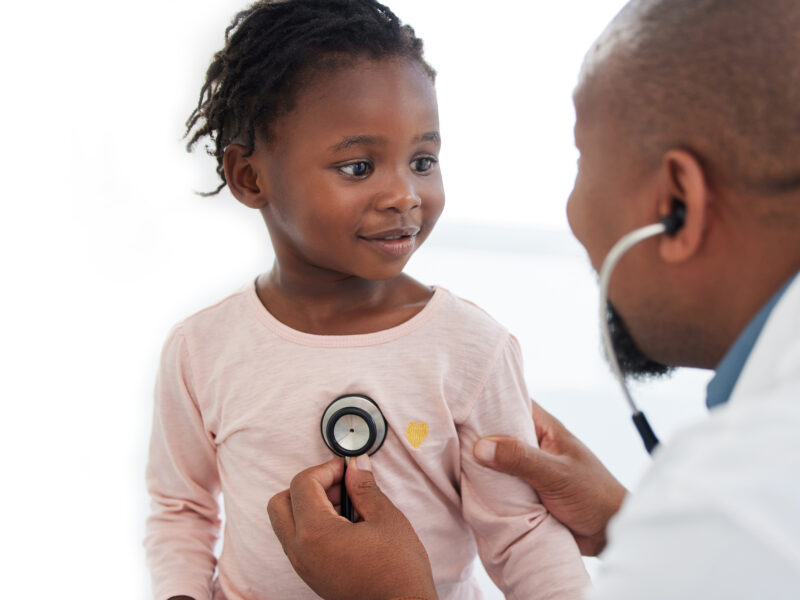Caring for Incarcerated Children
Caring for Incarcerated Children https://pediatricsnationwide.org/wp-content/uploads/2023/10/AdobeStock_117504933-Adjusted-More-1024x537.jpg 1024 537 Jeb Phillips Jeb Phillips https://pediatricsnationwide.org/wp-content/uploads/2021/03/Jeb-Phillips.jpg
Young people in juvenile detention centers need health care. In fact, decades of studies show they most often need it more urgently than their peers who are not involved in the justice system – nearly 70% of “confined youth” have an unmet health care need (2010 study).
So it makes some sense that “urgent care” has been the dominant delivery model in juvenile detention centers across the United States. Those centers are designed for short stays while a case is adjudicated or other arrangements are found — some adolescents spend no more than a few days there.
But some stay longer. Weeks, months or years. There is an opportunity in that time to address chronic medical issues, to deliver a level of basic health education and to transform the future health trajectory for a child, which may ultimately reduce the activities that led them to juvenile detention in the first place. Even children who spend brief periods in detention can benefit from more comprehensive care.
Over the last decade, Nationwide Children’s Hospital and the Franklin County, Ohio, juvenile justice system have developed a partnership to create what is effectively a primary care clinic inside the county’s juvenile detention facility, the Juvenile Intervention Center. It’s not only a shift in how detained young people are cared for in Franklin County; it appears to be a relatively rare arrangement in the United States, says Judge Beth Gill, who was lead Franklin County Juvenile Court Judge from 2012 to 2021 and was instrumental in the change.
“In juvenile justice, sometimes people are afraid of these kids,” she says. “You have to see their humanity. You have to realize these are just someone’s hurting children. You understand that they need a lot of care that goes beyond just the immediate physical needs.”
Judge Gill, her colleagues on the bench and providers at Nationwide Children’s are starting to build a model of how to do that.
AN EXTREMELY AT-RISK POPULATION
By nearly every available metric, American youth who are arrested have had significantly more difficult lives than their peers. A 2013 study found that the average young person in detention has experienced five different kinds of childhood trauma — loss or bereavement, domestic violence, impaired caregivers and emotional abuse are the most common.
They have 10x the rate of sexually transmitted infections (STIs) as their peers. More than 25% have a mental health disorder that warrants immediate treatment. More than half need dental care, some urgently. Black adolescents are 5× more likely to be detained, and Latino youth are 3× more likely to be detained, than White adolescents.
These are national statistics, but they reflect what is happening in Franklin County as well, says Alexandra Price, CPNP, PMHS, Nationwide Children’s lead medical provider at the county’s Juvenile Intervention Center. The average daily census of the center ranges from 85 to 100, and nearly all come to the Nationwide Children’s clinic inside the center at some point.
“In some cases, children come to the facility dealing with medical conditions they have had their entire lives without diagnosis or proper management,” says Price.

Drew Brookover, RN, and Alexandra Price, CPNP, PMHS, lead the clinical care teams at the Franklin County Juvenile Intervention Center.
Until recent years, the purpose of the health care in the Juvenile Intervention Center was to provide services that absolutely could not wait.
There were and are systemic reasons. The great majority of these young people and their families are covered by Medicaid, but a federal rule suspends Medicaid coverage at the time of arrest. The financial burden shifts from insurance to the individual jurisdiction, such as the county. Care, billing and reimbursement become trickier. Those issues are often worked out in contracts that are business transactions and not focused on optimal health outcomes.
Beyond that, the electronic health record shared by Nationwide Children’s and other health care systems was not used at the Franklin County Juvenile Intervention Center. Nationwide Children’s medical staff did not have access inside the center to a child’s medical history, medication information, chronic conditions and other data that are standard in modern health care.
In addition, young people who leave the center after adjudication — either back to their homes and communities or to other juvenile justice facilities — could not be followed easily. That was partially because of the disjointed records and partially because there was no mechanism for a “warm handoff” between the center’s staff and community health providers.
This was the situation in 2010, when Judge Gill began discussing the problems with Steven C. Matson, MD, who was Nationwide Children’s chief of Adolescent Medicine. Dr. Matson, now retired, had experience with juvenile detention health care in previous positions. Judge Gill had become interested in many issues of juvenile justice reform, particularly through the Annie E. Casey Juvenile Detention Alternatives Initiative, which Franklin County had joined.
Both recognized the issues with health care inside the Juvenile Intervention Center. In Judge Gill’s view, the families of these children are overwhelmed before they even get there, and health care takes a backseat to what some families perceive as more pressing issues. The opportunity to get care inside the juvenile shouldn’t be wasted.
“We have surveys showing that the average family connected to the juvenile justice system has seven other government systems they must traverse, such as the food stamps and unemployment systems,” she says. “What if that family’s child also needs lots of different kinds of health care? It can be very difficult for any family to navigate. That’s why our partnership with Nationwide Children’s is so crucial.”
IMPROVEMENTS, AND LOOKING AHEAD
Nationwide Children’s is one of the country’s largest pediatric health systems, with an integrated model that allows children to get all the care they need regardless of their family’s ability to pay. Dr. Matson and Judge Gill began talking about how to make that work for detained young people, some of whom might need prenatal care, mental health care, dental care and orthopedic care at the same time.
Instead of just a business transaction, the county’s contract with Nationwide Children’s started to incorporate the clinical judgement of health care providers. It became easier for Nationwide Children’s providers inside the detention center to refer children to specialty clinics at the hospital. Over the last few years in particular, there have been some big changes.
Nationwide Children’s, like many institutions, began a more focused, hospital-wide effort to address racial disparities in the aftermath of the death of George Floyd in 2020. The hospital’s “Stand Against Racism, Stand For Health Equity,” initiative has many projects, including some focused on incarcerated children and children of incarcerated parents.
“Mass incarceration has a disproportionate effect on children in general and children of color in particular,” says Kelly Kelleher, MD, vice president of Community Health at Nationwide Children’s. “Incarceration is harmful to them, and it harms their long-term health trajectories. A step that many children’s hospitals can take to help mitigate that is investing in these children’s care.”

“Mass incarceration has a disproportionate effect on children in general and children of color in particular. Incarceration is harmful to them, and it harms their long-term health trajectories. A step that many children’s hospitals can take to help mitigate that is investing in these children’s care.”
—Kelly Kelleher, MD, vice president of Community Health at Nationwide Children’s
This became a priority across the hospital. In July 2021, after long negotiations to ensure privacy rules were maintained by all parties, Nationwide Children’s electronic medical record, EPIC, became accessible in the Juvenile Detention Center. A month later, Nationwide Children’s extended its “care coordination” program to the children inside the Juvenile Intervention Center, helping link children with follow-up care once they go back to their communities. About 60% now get that follow-up care, with the percentage rising all the time.
In 2023, for the first time, there is a full-time Nationwide Children’s behavioral health provider inside the center, paid for by the county. The combination of these efforts has made a difference, says Price.
“Because we are operating more like a primary care clinic, we are able to see the resolution of long-term conditions while a child is in the center,” she says. “We have medication to treat STIs in the clinic. We stabilize children who have Type 2 diabetes who have not had consistent medication, who have not had a consistent diet. Some who are prediabetic leave with normal labs. And our ability to work with our psychiatry colleagues means we can help children get prescriptions they need, and care coordination can ensure that they get refills.”
It’s not perfect, as every person involved in the Nationwide Children’s/Franklin County partnership will say. Judge Gill would love for care coordination services to extend to other members of a detained child’s family and even more access to behavioral health.
The Nationwide Children’s team would like to provide more services, too. The Juvenile Intervention Center is in need of updated health education materials. Price and Brookover would like to better track health outcomes, to see if care in the center is lowering the rate of recidivism for youth.
But anecdotally, the new Franklin County and Nationwide Children’s model is having an impact.
“It’s much more a conversation about how we can holistically help these kids than it used to be,” says Price. “I can say, in a way I couldn’t before, that their health is better off when they leave than when they arrive. I hope I will be able to say in the future that their health kept improving when they left the center and that their lives improved, too.”
This story also appeared in the Pediatrics Nationwide Fall/Winter 2023 print issue. Download the PDF of the issue.
References:
- Dierkhising CB, Ko SJ, Woods-Jaeger B, Briggs EC, Lee R, Pynoos RS. Trauma histories among justice-involved youth: findings from the National Child Traumatic Stress Network. European Journal of Psychotraumatology. 2013 Jul 16;4.
- Owen MC, Wallace SB, AAP COMMITTEE ON ADOLESCENCE. Advocacy and Collaborative Health Care for Justice-Involved Youth. Pediatrics. 2020;146(1).
Image credits: Nationwide Children’s (portraits); Adobe Stock (header)
About the author
Jeb is the Managing Editor, Executive Communications, in the Department of Marketing and Public Relations at Nationwide Children's Hospital. He contributes feature stories and research news to PediatricsOnline, the hospital’s electronic newsletter for physicians and other health care providers, and to Pediatrics Nationwide. He has served as a communications specialist at the Center for Injury Research and Policy at The Research Institute and came to Nationwide Children’s after 14-year career as daily newspaper reporter, most recently at The Columbus Dispatch.
- Jeb Phillipshttps://pediatricsnationwide.org/author/jeb-phillips/
- Jeb Phillipshttps://pediatricsnationwide.org/author/jeb-phillips/
- Jeb Phillipshttps://pediatricsnationwide.org/author/jeb-phillips/November 24, 2015
- Jeb Phillipshttps://pediatricsnationwide.org/author/jeb-phillips/
- Posted In:
- Features







